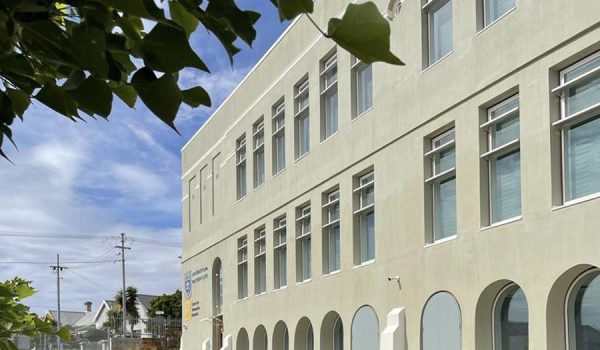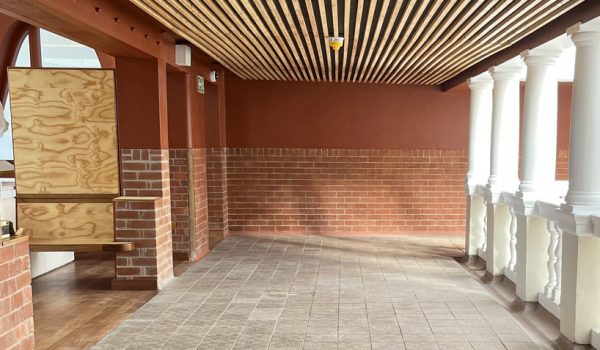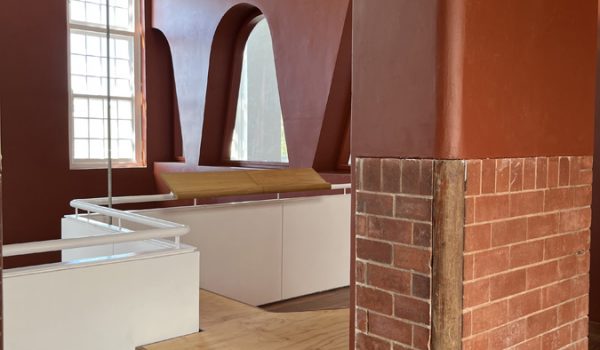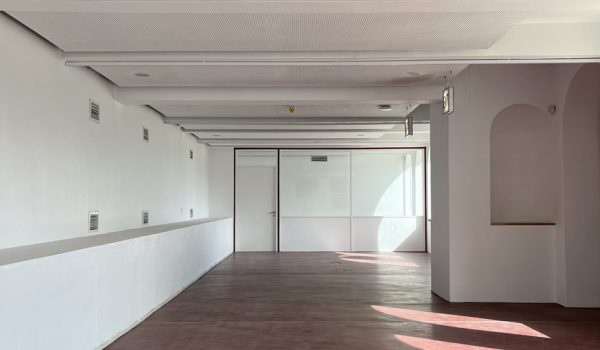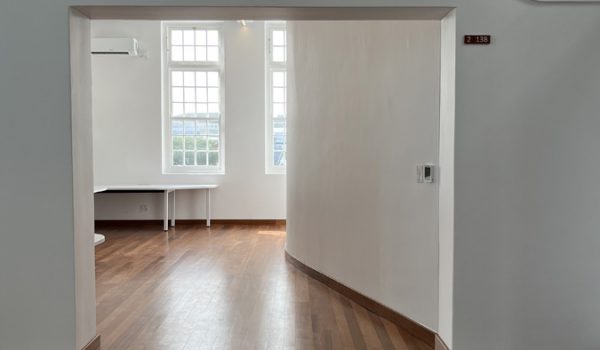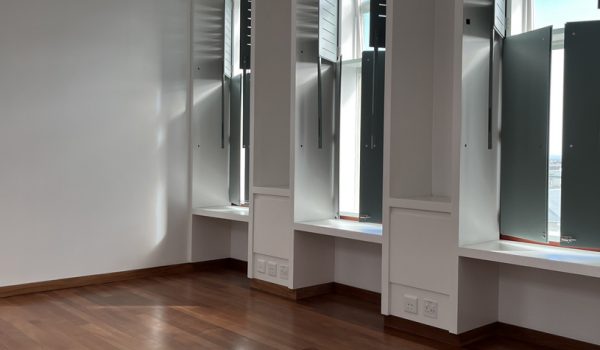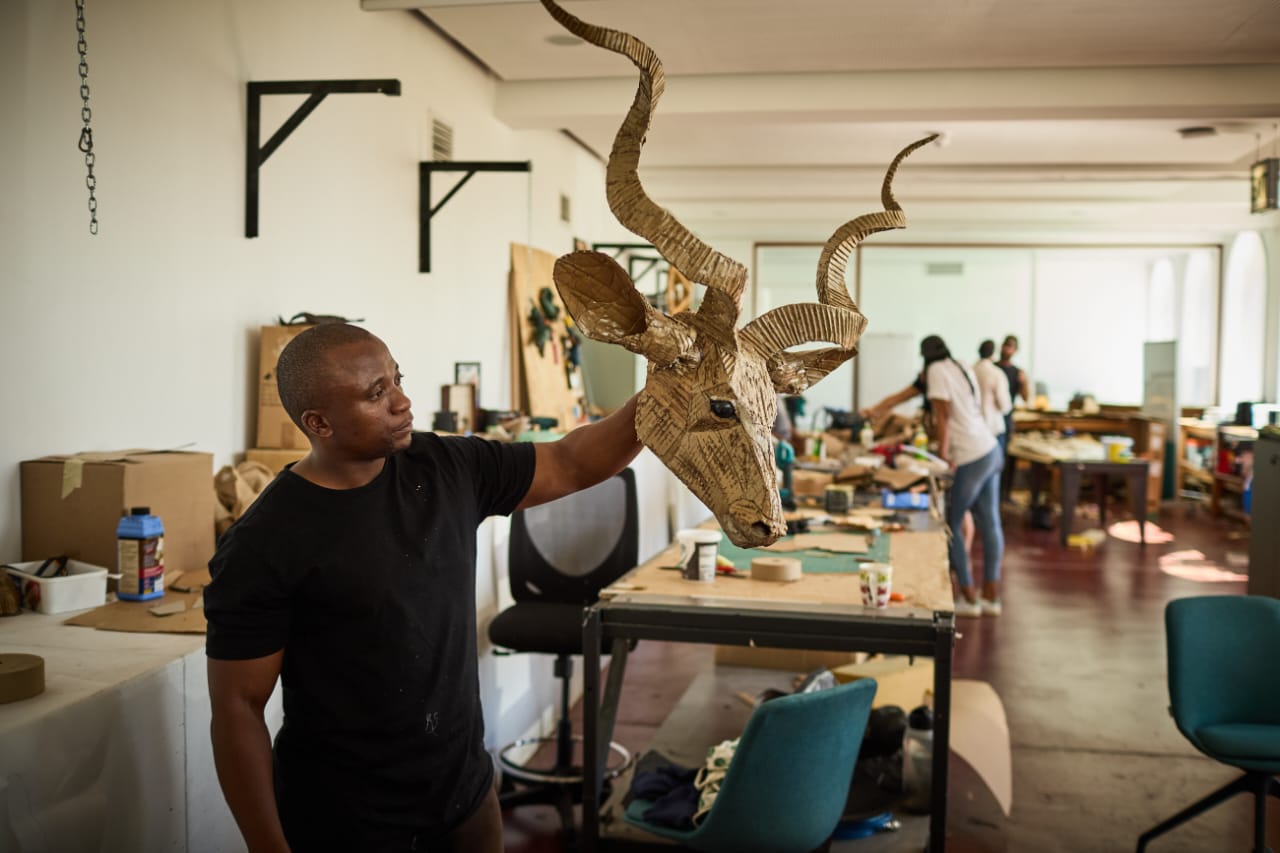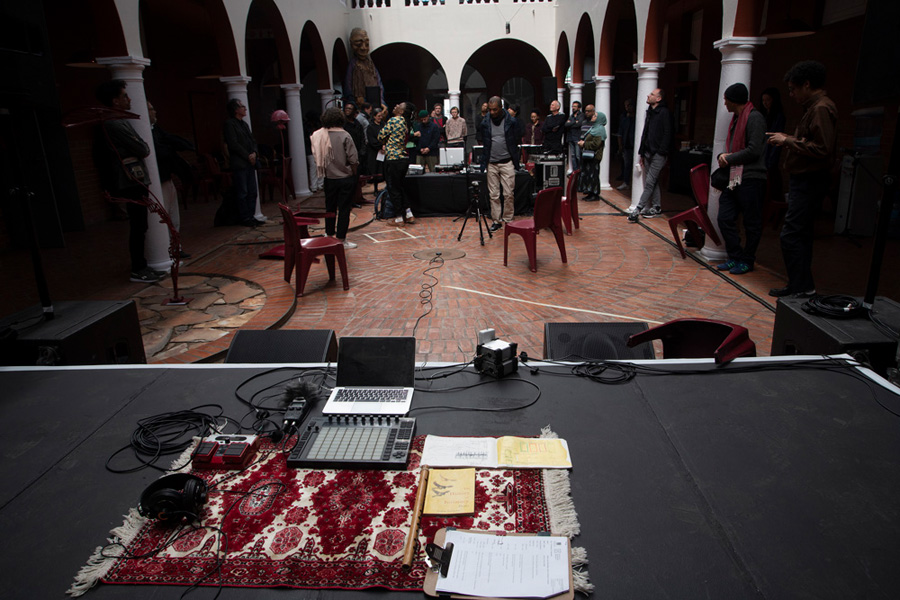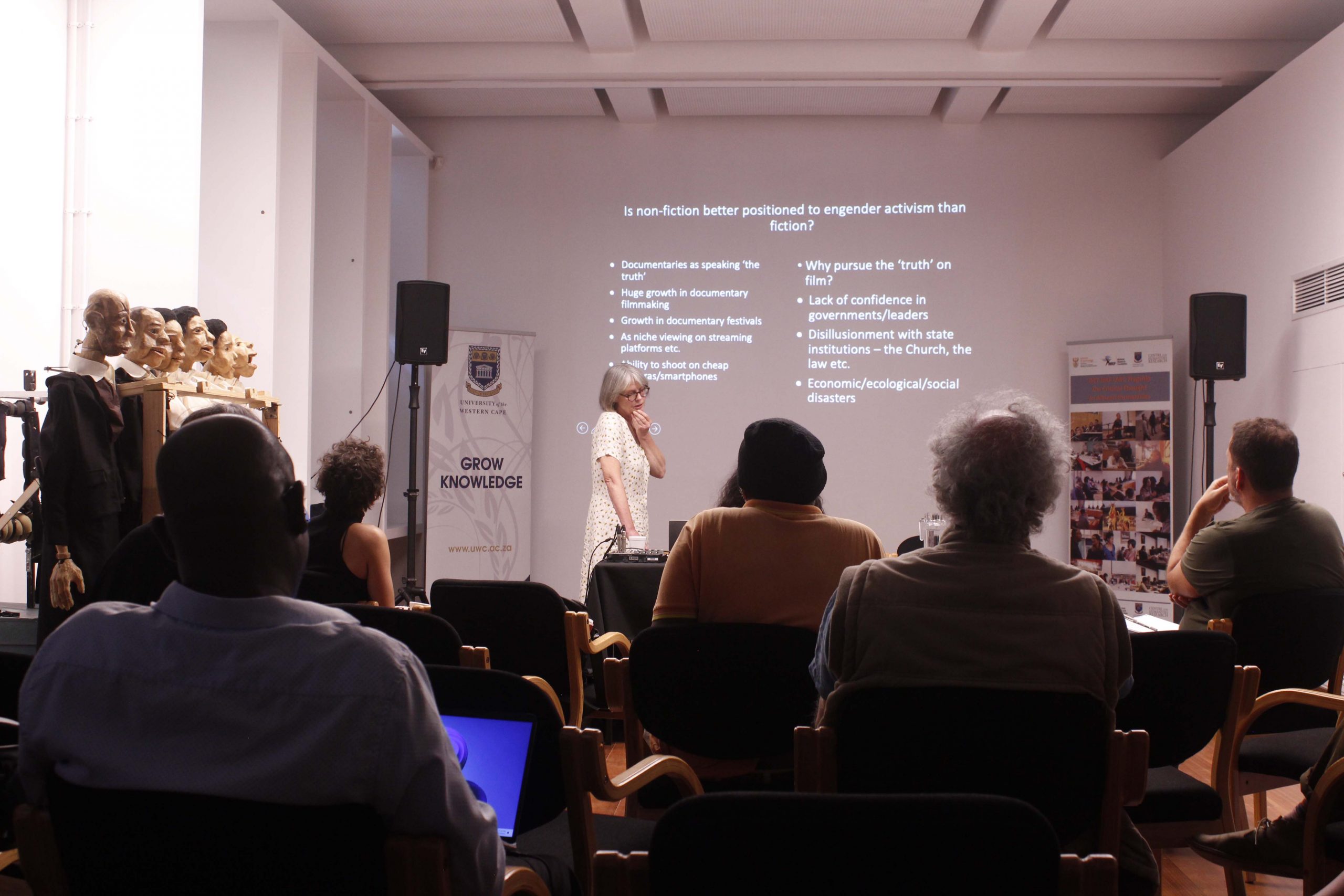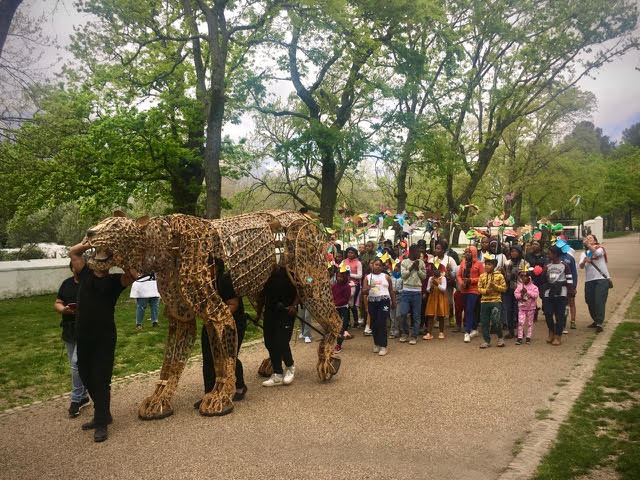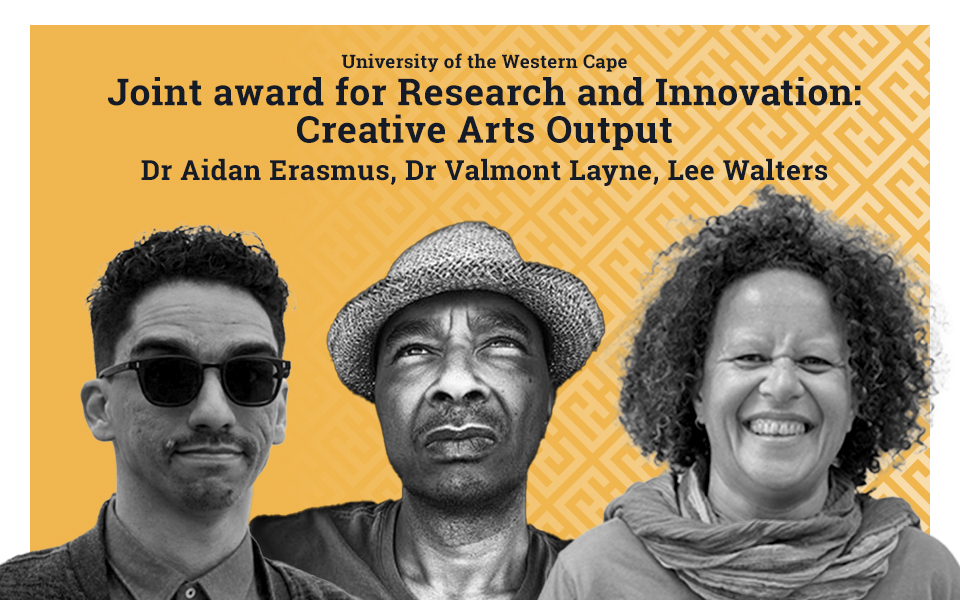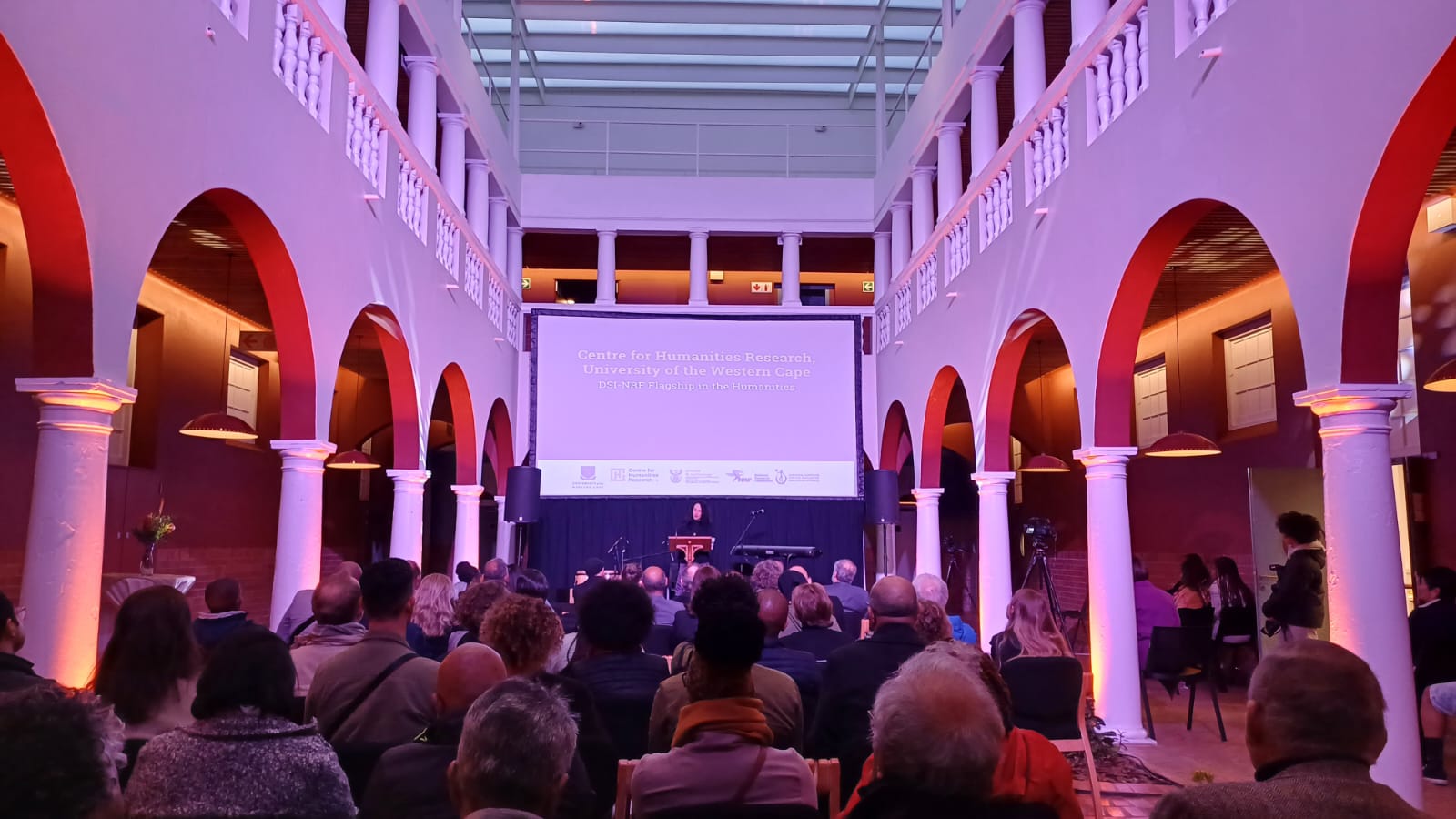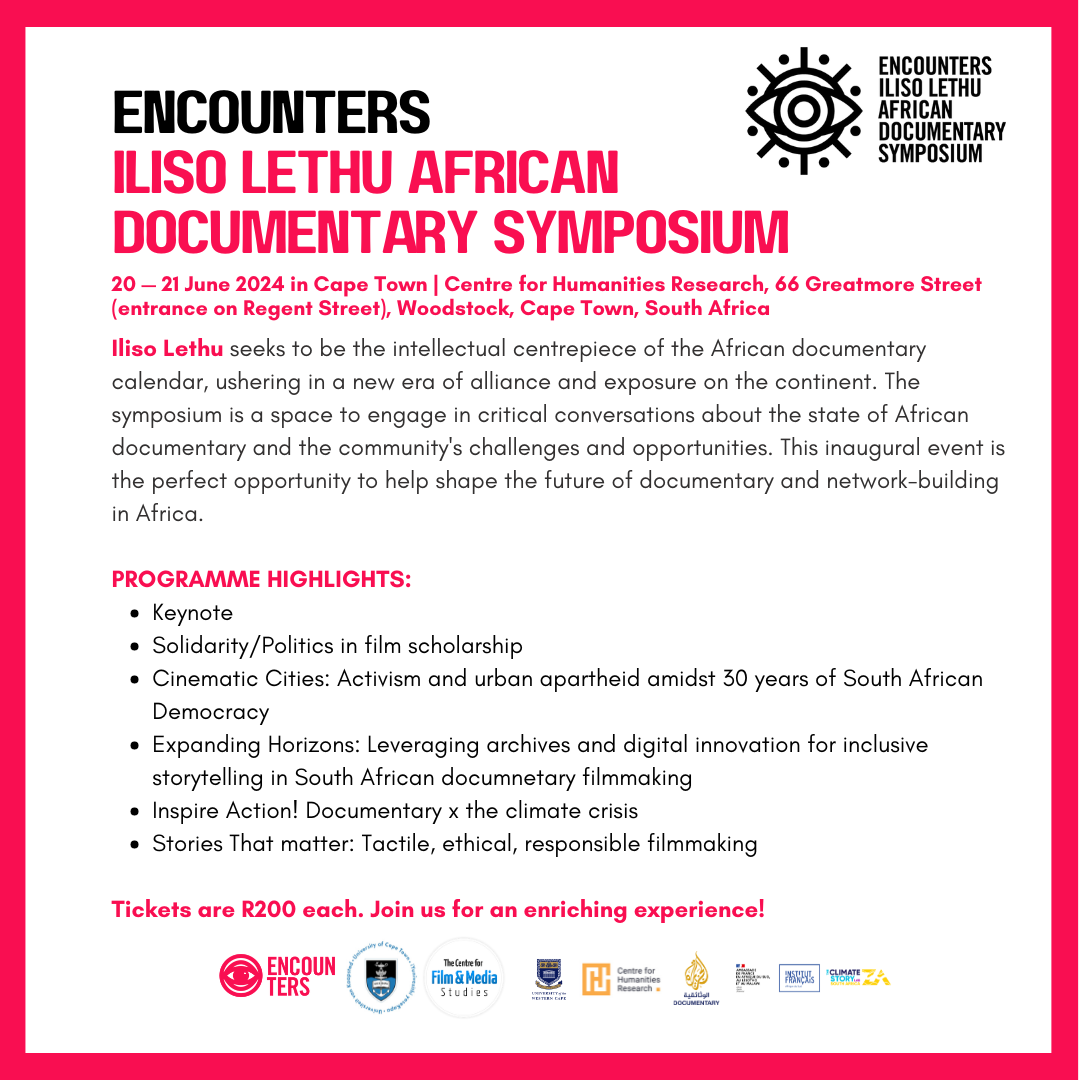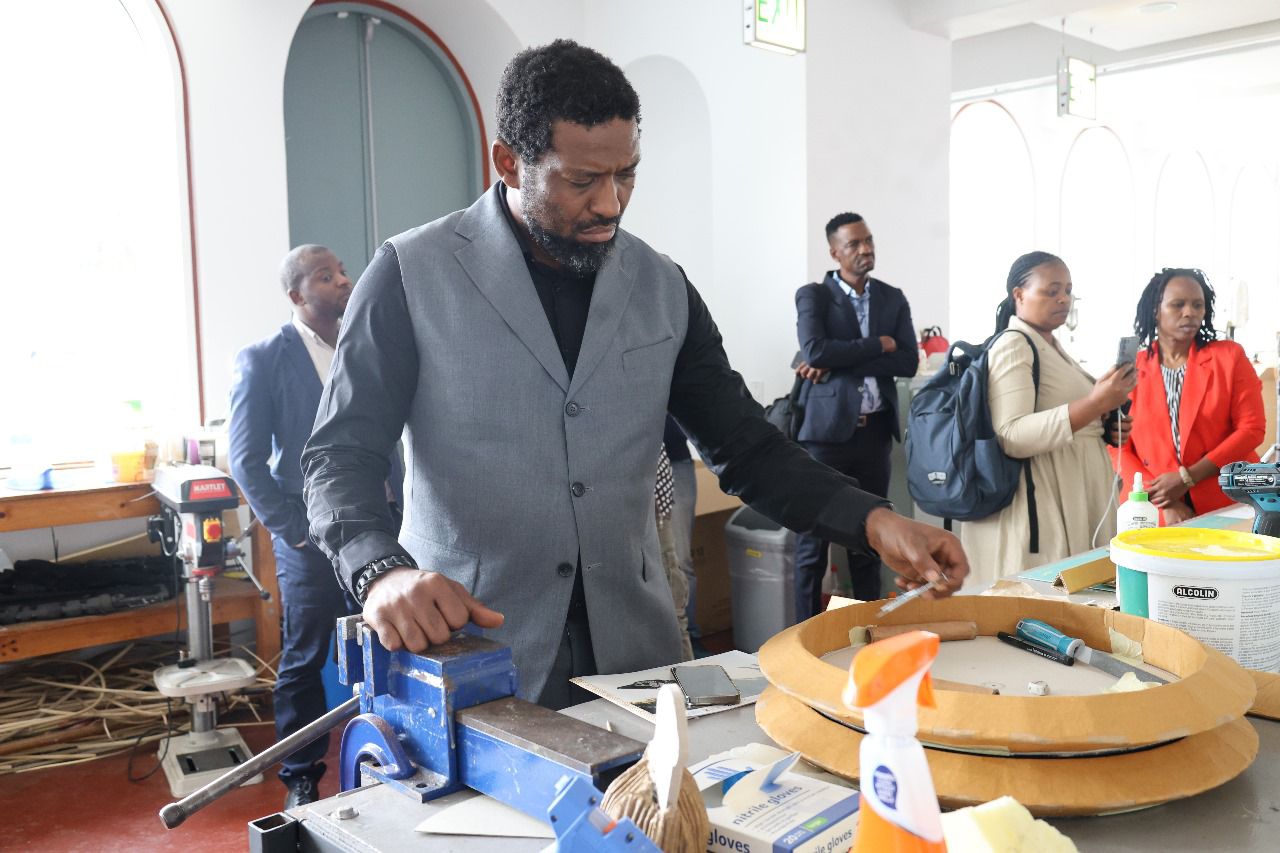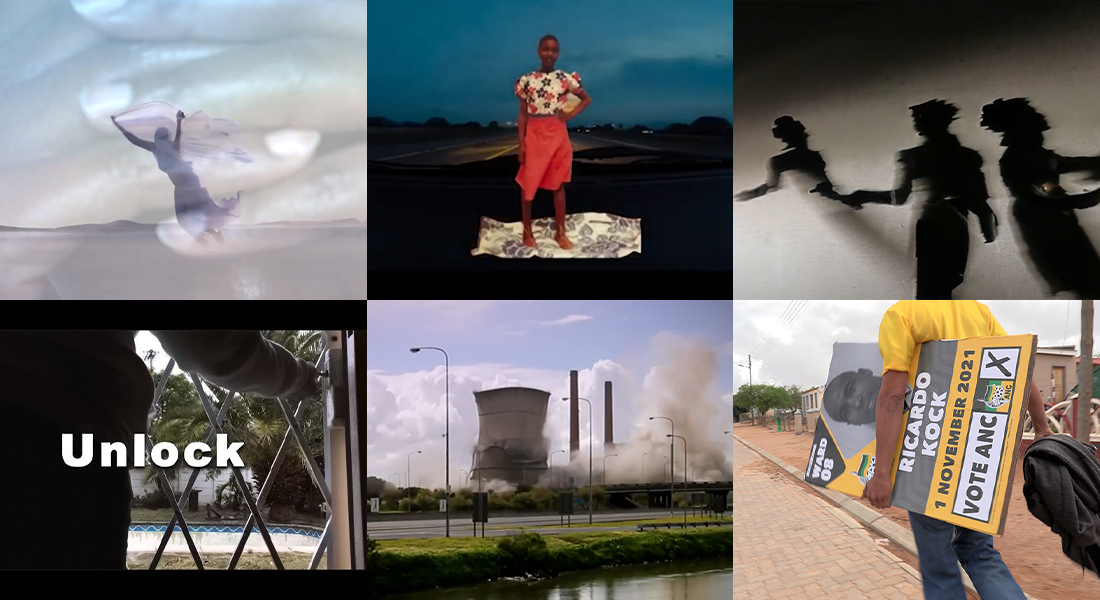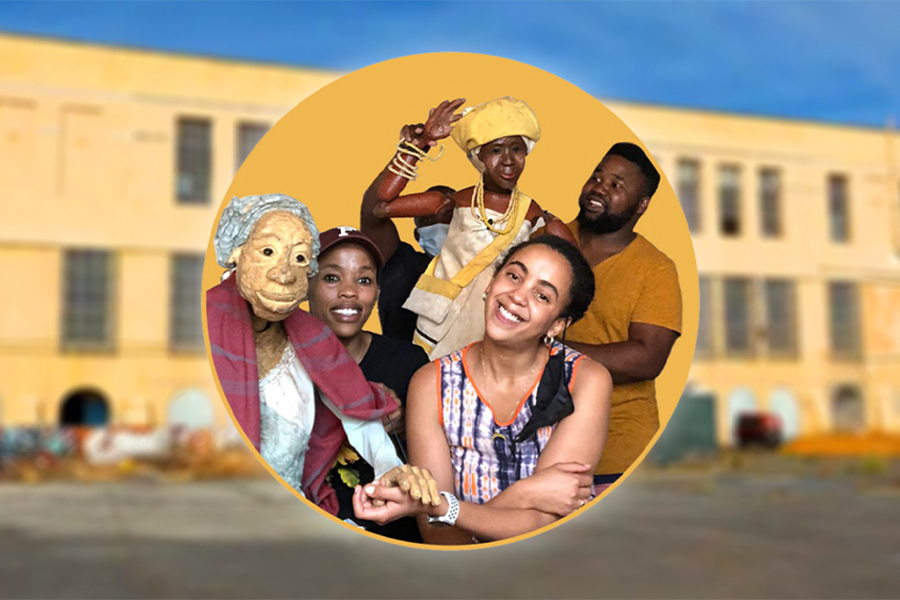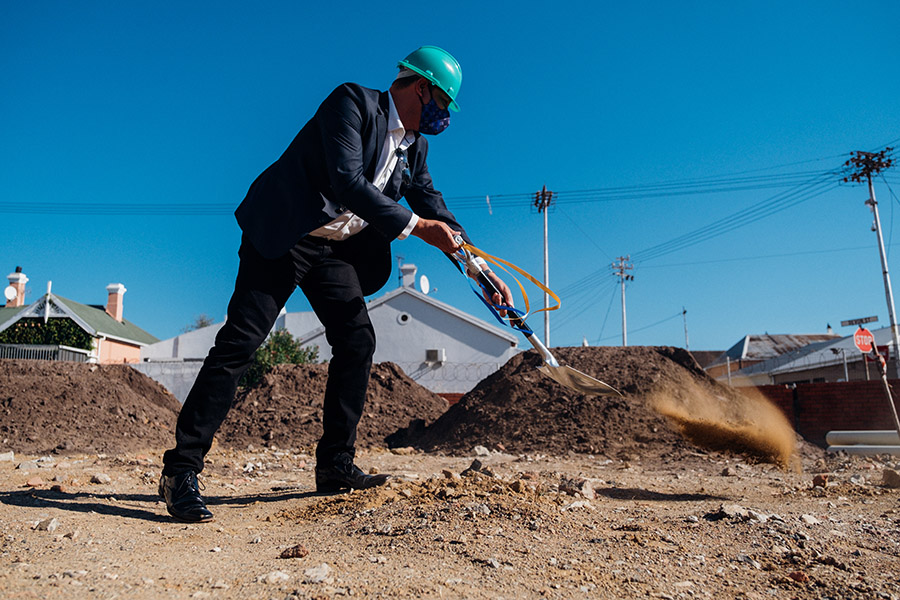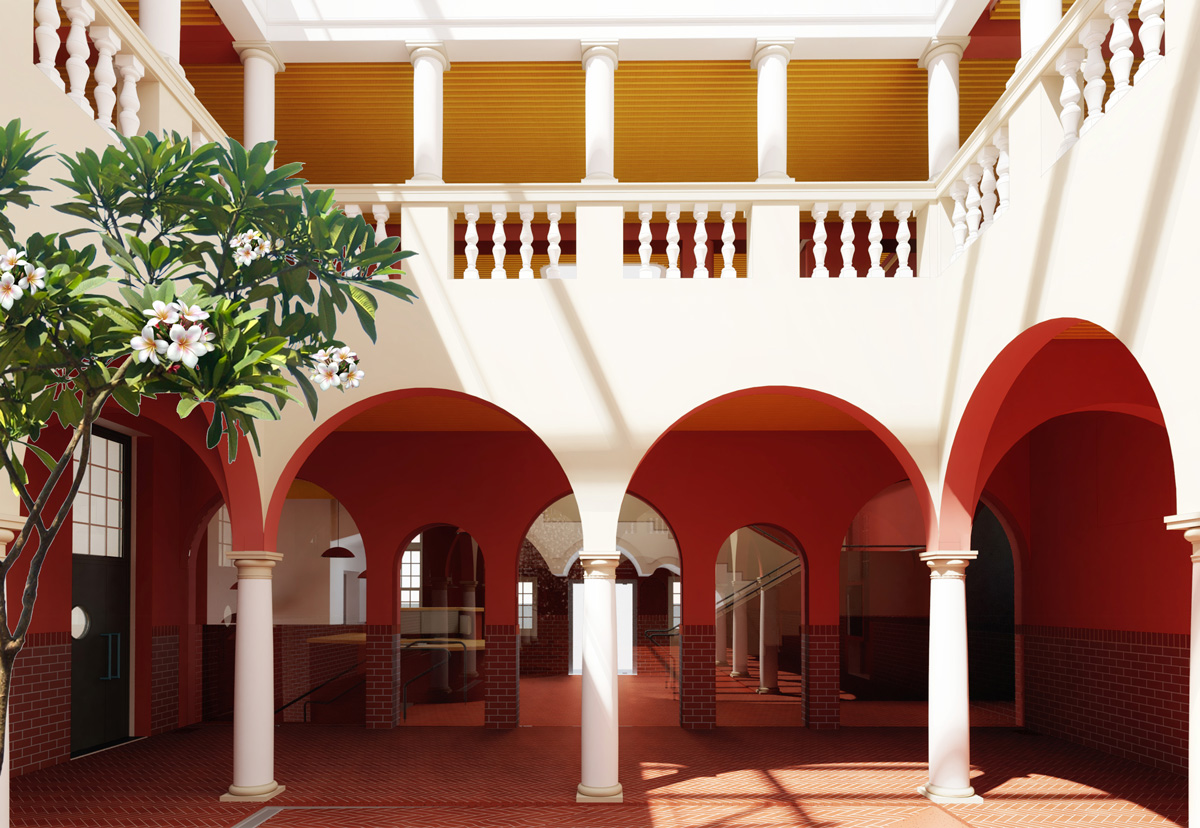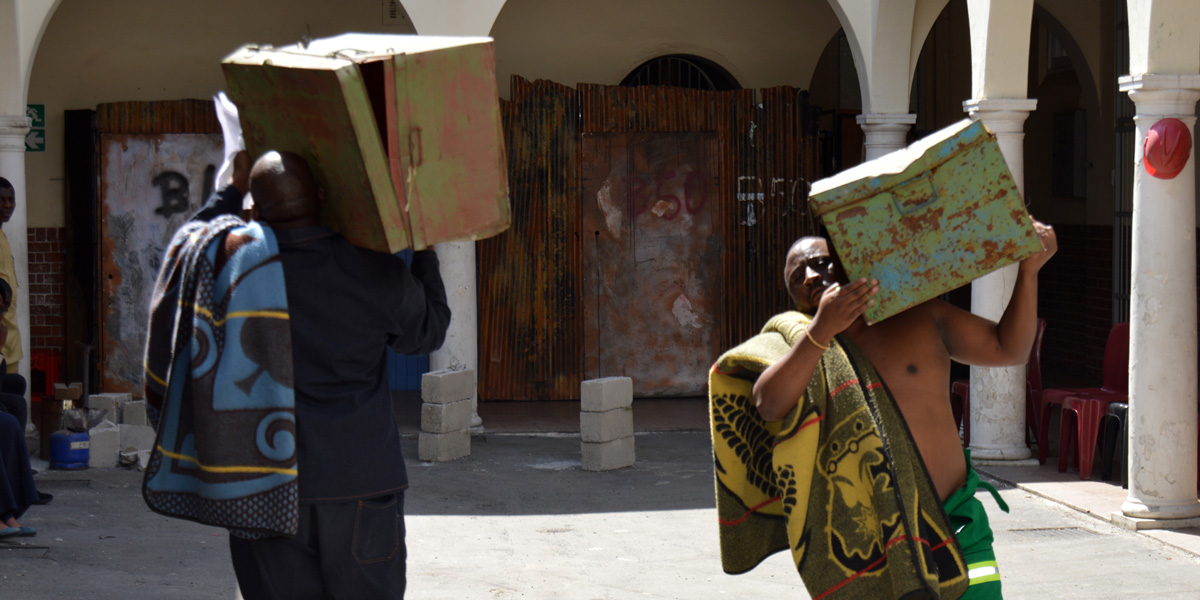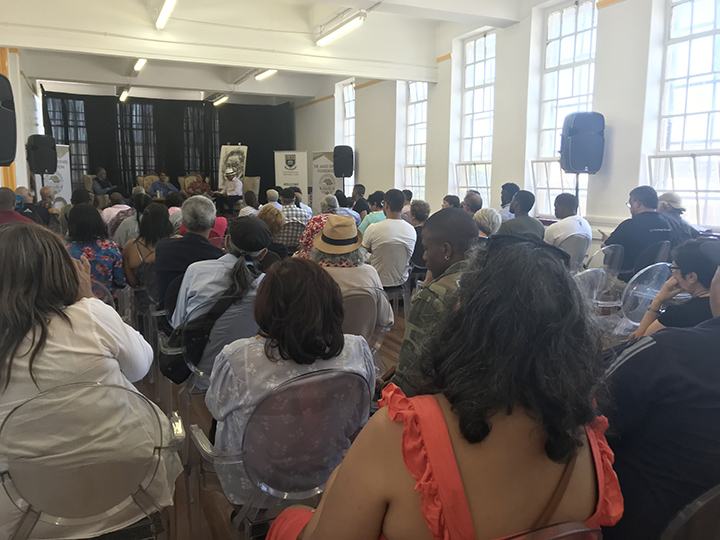The Iyatsiba Lab is the first arts and humanities research hub in the city for the University of the Western Cape.
By renovating a former derelict school building, UWC has taken a bold new step into the city, breaking through the spatial and intellectual circumscriptions of apartheid that had largely denied the university access to the city centre.
The CHR’s Iyatsiba Lab will house a Laboratory of Kinetic Objects (LoKO) in partnership with Handspring Puppet Company; a Documentary Film Training Programme with Emmy Award Winner Francois Verster; and a Sound, and New Media Programme. It will also host an international Advanced Studies Research Seminar to rethink the meaning of post-apartheid freedom through the arts, a Public Lecture Programme, a gallery and exhibition space and an arts incubator for its Artists in Residence Programme.
A nexus for youth mobility and an arts education space for artists, scholars, and collaborators across urban and rural lines, the CHR’s Iyatsiba Lab has emerged as a focal point for international collaborations and for charting future directions in humanities research and pedagogy. Since the ground breaking ceremony on 11 June 2021, the Humanities Hub and its potential for drawing together local, regional and global partners, has garnered strong interest and support, attesting to the central role played by the CHR in UWC’s re-emergence as a site of critical thought and debate internationally.
A key aspect in the CHR’s commitment to its method of placing advanced research, postgraduate pedagogy and arts education in adjacency has been to build international academic/public partnerships that bring together an impressive constellation of leading international institutions in the humanities together with arts practitioners to foster a democratic public sphere, particularly in areas that have been neglected following the political transition to democracy. This method, which is recognized by major international institutions, is underpinned by a mutually shared ethos of international partnership that is founded on intellectual equity in a context of global asymmetry. The CHR describes this approach to internationalization as transhemispheric collaboration.
With the handover of the completed refurbishment of the Iyatsiba Lab to the university, the CHR’s strategy of research, which is situated both in the university’s academic programme, and in the institution’s publics, is being lodged in an ecosystem of international and national collaborations and partnerships.
In a major new development, the CHR’s partnership with the Trinity Longroom Hub, Trinity College Dublin, has culminated in the award to the CHR by the Irish Department of Foreign Affairs of a reciprocal Irish-South Africa research chair, named the Maxeke-Robinson Research Chair. The reciprocal research chair will bring scholars and cultural practitioners from Ireland to southern Africa, hosted by the CHR at the Greatmore Humanities Hub, and from South Africa to Ireland, hosted by the Trinity Longroom Hub.
At the launch of the Maxeke – Robinson Research Chair, Minister of State (Ireland) Anne Rabbitte noted that the building’s redesign was imagined for access for diverse abilities, reflecting an expression of the CHR’s commitment to transformation, diversity, and inclusiveness in the building itself.



